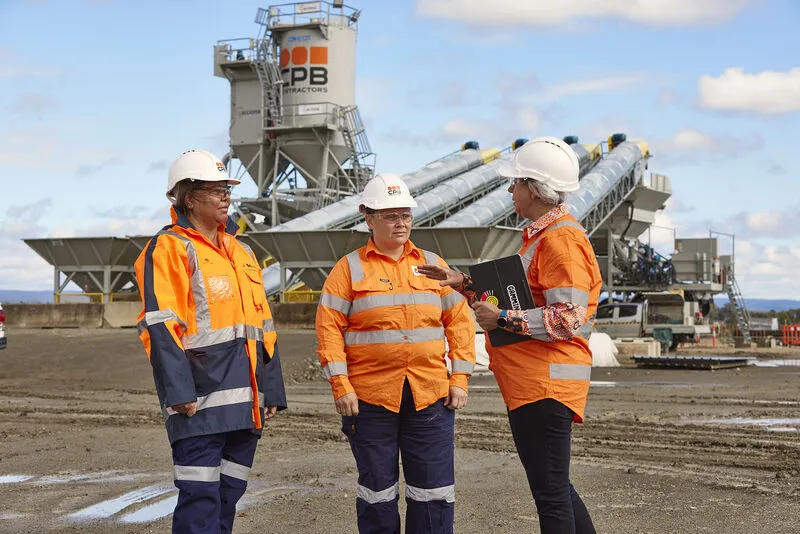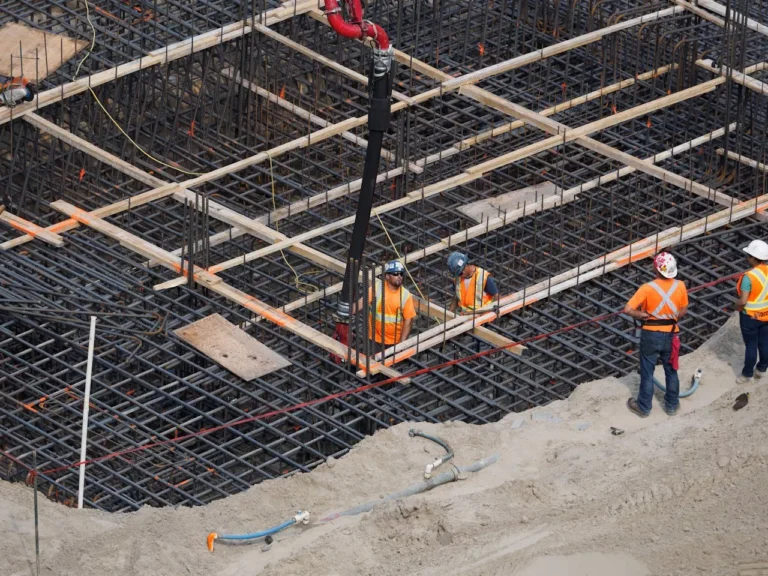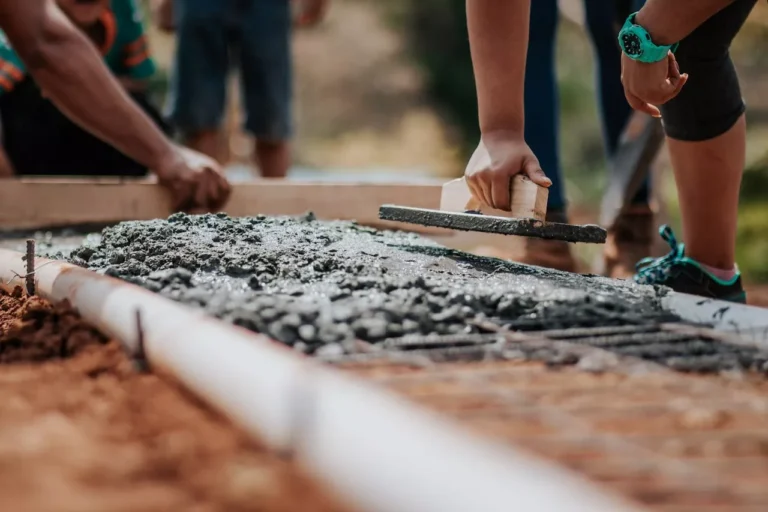
It’s been 10-years and counting in the Health and Safety industry for Georgia Hoetzel who has honed her skills whilst delivering major infrastructure projects across metropolitan Melbourne. Recently, she embarked on an exciting new chapter in her career with CPB Contractors.
Not only was she ready for a fresh challenge professionally, but with her children now grown, she craved a new kind of work-life balance.
For almost 12 months, Georgia has been a Health and Safety Advisor for CPB Contractors in Western Australia’s Pilbara region, working a Fly-in-Fly-out (FiFo) roster. In this interview, she offers a glimpse into the unique lifestyle of a 2-and-1 roster.
What attracted you to a career working regionally?
I needed a change after spending so many years working on similar types of transport infrastructure projects. Working for a Tier 1 company was particularly appealing, and I’ve also always had a bit of an adventurous spirit, so this offers me a better work-life balance and has me adventuring to a new place.
You’ve been in your Pilbara role for almost a year. What are some of the FiFo challenges?
The biggest hurdle is the commute… It’s a ten-hour journey from Brisbane to Perth, then up to the Pilbara. Missing important events back home, like birthdays, can be tough, and if there were an emergency, I know it would take a while to get back.
And what are you enjoying most about your role here?
Working FiFo has pushed me outside my comfort zone socially. As someone who enjoys time alone, I’ve made a conscious effort to connect with colleagues and have built strong friendships. It’s nice to have a support network close by if I ever feel lonely or need someone to talk to.
What advice would you give to someone considering a FiFo role themselves?
Go into a role like this with a clear goal – for me, FIFO meant working for a Tier 1 company and the opportunity to gain remote experience. Whatever your goal is, hold onto it. It could be paying off debt or increasing your income. Having a clear purpose helps you make the most of regional work. Make sure you take a big suitcase on your first trip and leave things in your room; then, you won’t need to take as much on your subsequent trips. And once you’re here make sure you are regularly picking up the phone. Phone calls and FaceTime are the best ways to keep in contact with those at home.




